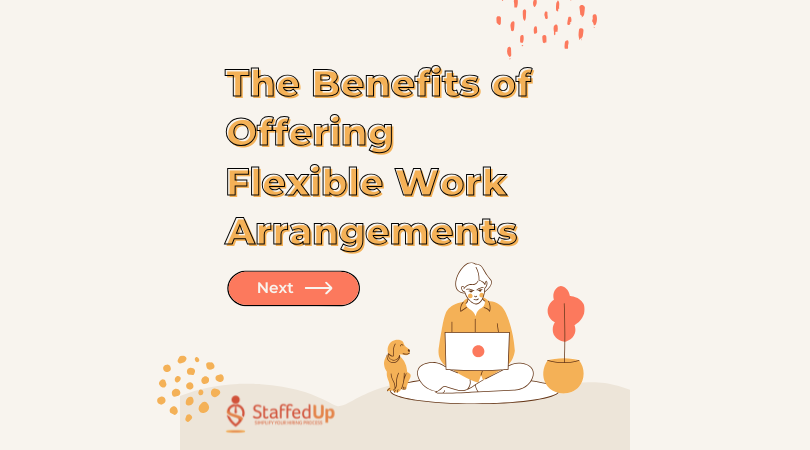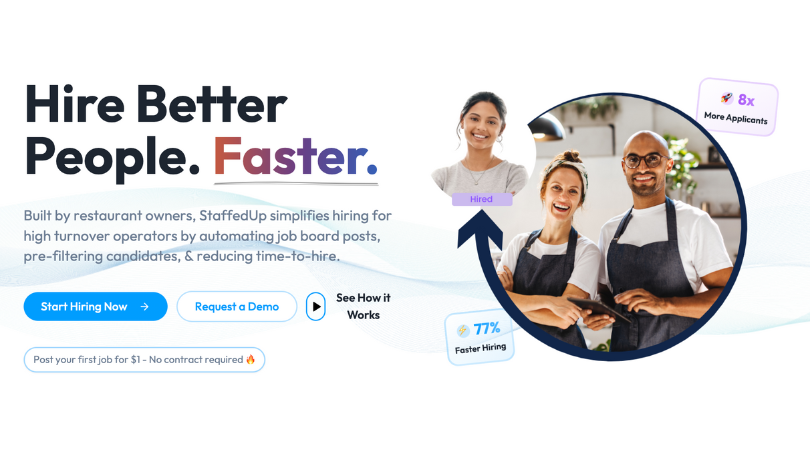In today’s dynamic work environment, offering flexible work arrangements has become a game-changer for many organizations. These arrangements, which include options like remote work, flexible hours, and compressed workweeks, are not just perks but essential strategies to enhance productivity and employee satisfaction. By integrating flexible arrangements into your company culture, you can attract top talent and retain your best employees.
Why Flexible Work Arrangements Matter
Flexible arrangements are crucial for maintaining a healthy work-life balance. According to a study by the Harvard Business Review, employees who have control over their work schedules are more productive and less stressed. This flexibility allows employees to manage their personal and professional lives more effectively, leading to higher job satisfaction and reduced burnout.
Types of Flexible Work Arrangements
- Remote Work: Allowing employees to work from home or any location of their choice. This reduces commute time and can lead to a better work-life balance.
- Flexible Hours: Employees can choose their start and end times within a given range, providing them with the autonomy to work when they are most productive.
- Compressed Workweeks: Employees work longer hours for fewer days, such as four 10-hour days instead of five 8-hour days. This gives them an extra day off each week.
Benefits of Flexible Work Arrangements
- Increased Productivity: Employees with flexible arrangements often report higher productivity levels. They can work during their peak hours and in environments where they feel most comfortable.
- Enhanced Employee Satisfaction: Flexibility in work schedules can lead to higher job satisfaction. Employees appreciate the trust and autonomy given to them, which can result in increased loyalty and reduced turnover.
- Attracting Top Talent: Offering flexible arrangements can make your company more attractive to potential employees. In a competitive job market, flexibility can be a deciding factor for top talent when choosing between job offers.
- Cost Savings: Flexible arrangements can reduce overhead costs for employers. With more employees working remotely, companies can save on office space and utilities.
Implementing Flexible Work Arrangements
To successfully implement flexible work arrangements, consider the following steps:
- Assess Your Needs: Determine which roles and tasks can be performed flexibly without compromising productivity.
- Set Clear Guidelines: Establish clear policies and expectations for flexible work arrangements. This includes communication protocols, performance metrics, and availability requirements.
- Provide the Right Tools: Ensure employees have access to the necessary technology and resources to work effectively from any location.
- Monitor and Adjust: Regularly review the effectiveness of your flexible work policies and make adjustments as needed based on employee feedback and performance data.
Conclusion
Offering flexible work arrangements is a strategic move that can benefit both employers and employees. By providing options like remote work, flexible hours, and compressed workweeks, you can boost productivity, enhance employee satisfaction, and attract top talent. Embrace the future of work by integrating flexible arrangements into your company culture and watch your organization thrive. See what flexible roles are available on StaffedUp – happy hunting!



